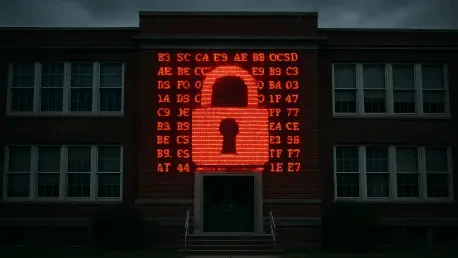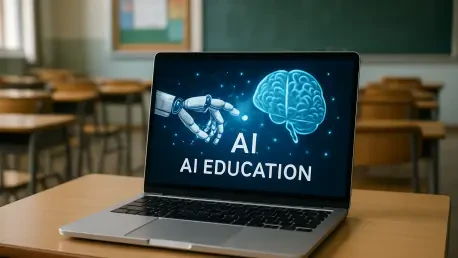
A groundbreaking report on Virginia's early childhood education system, VQB5, has revealed a staggering level of success, with an impressive 99% of publicly funded providers now meeting or exceeding the state's rigorous quality standards. This landmark achievement is prompting a national

With over two decades of experience as an ESL educator and a Master's in Curriculum and Instruction, Nesreen El-Baz has dedicated her career to crafting innovative strategies for multilingual learners. In a world increasingly saturated with AI-generated content, she champions visual literacy not as

In today's rapidly evolving educational landscape, a compelling narrative is emerging from schools that champion a balanced curriculum, demonstrating that the fusion of artistic expression and technological prowess is not just beneficial but essential for cultivating the next generation of

In a decisive move to balance student safety with educational continuity, the Kwara State Government has initiated a dual-strategy approach, mandating a conditional reopening of schools on January 5, 2026, while simultaneously launching innovative remote learning platforms to support all students.

The sudden and complete paralysis of a school's digital infrastructure serves as a stark reminder that educational institutions are increasingly becoming prime targets for sophisticated cybercriminals. An incident at Higham Lane School in the United Kingdom recently provided a chilling case study,

While the discourse surrounding artificial intelligence in education frequently gravitates toward a binary debate of operational efficiency versus academic dishonesty, a far more profound and human-centered application waits to be explored. This emerging perspective reframes generative AI not as a